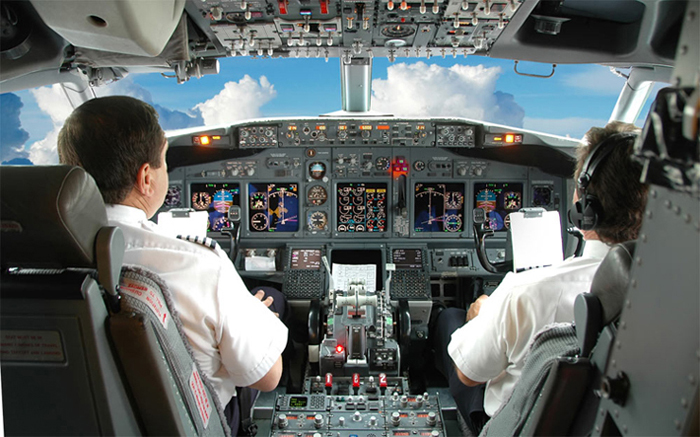
Conclusion
Students who have completed the Pilot Potential Programme WebQuest are more informed about five key elements of knowledge required to become a pilot. The five elements have nothing to do with actually flying a plane, but are key to becoming a pilot.
The five elements are:
- FLIGHT THEORY
- AIRFRAMES & ENGINES
- WEATHER
- AIR LAW
- HUMAN FACTORS
Each of these five areas are very different and might appeal to different personality types, such as the mechanistic approach to airframes, the scientific approach to flight theory and the psychological approach required for human factors. Each of the five are crucial in the training of pilots, and give an insight into the rounded education and learning required to become a pilot.
On completing the WebQuest each student has researched and presented their case in debate, for one of the five elements and why they believe it is the most important. The students worked collaboratively to find a final order for the five elements, seeking conscensus in terms of importance. The WebQuest also allowed students to role play and test their response to a simulated emergency challenge scenario, engaging with the learning they had undertaken.
This learning activity provided a different kind of work experience for Transition year students. It offered a practical alternative to the on-the-job work experience which would not be feasible in the pilot's workplace.
So now, the concluding question for WebQuest participants is:

Do you still think you want to be a pilot?